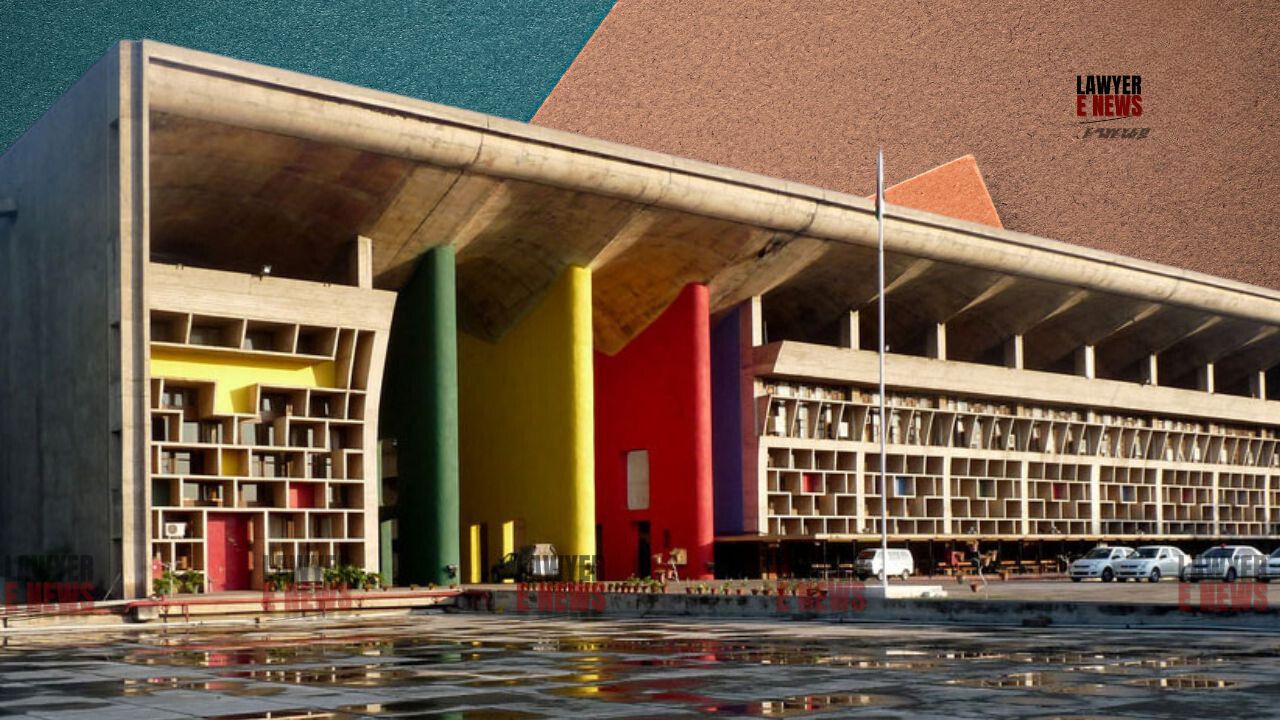-
by Admin
15 February 2026 5:35 AM



The Punjab and Haryana High Court has granted anticipatory bail to Pavittar Singh and others in a case involving alleged damage to public property. The Court, while granting bail, highlighted that the dispute primarily concerns civil matters, which are already under litigation. The decision, delivered by Justice Sandeep Moudgil, reflects the judiciary’s cautious approach in criminalizing civil disputes without substantive grounds.
The petitioners, Pavittar Singh and others, were implicated in an FIR registered on August 13, 2024, under Sections 379 (theft) and 427 (mischief causing damage) of the Indian Penal Code, and Section 3 of the Prevention of Damage to Public Property Act, 1984. The case originated from a complaint by the Gram Panchayat of Saround village, alleging that the petitioners damaged a newly constructed passage by removing interlocking tiles. The Panchayat's resolution, dated June 26, 2024, led to the registration of the FIR.
Justice Sandeep Moudgil observed that the dispute over the alleged damage was fundamentally civil, given that the Panchayat’s claims could be addressed under the Punjab Land Revenue Act and the Punjab Village Common Lands (Regulation) Act, 1961. The Court noted that civil litigation concerning the same issue was already pending before the Civil Judge, Junior Division, Malerkotla. In light of this, the Court was reluctant to allow criminal proceedings to interfere with or overlap ongoing civil proceedings.
The petitioners' counsel relied on the Supreme Court’s judgment in Rashmi Rekha Thatoi vs. State of Orissa (2012) to argue against the criminalization of civil disputes. Justice Moudgil referenced this precedent, which emphasizes that liberty is a fundamental right, and its deprivation must be justified by substantive legal grounds. The Court found that the case at hand did not warrant custodial interrogation, as no recoverable property was involved, and any necessary documents could be obtained through official channels.
The Court asserted, "Custodial interrogation of the petitioner is not required at this stage as nothing is to be recovered from him except for the documentary evidence, which can be managed by the State from the Government Departments/Revenue Department." This statement underscores the Court's position that civil remedies should not be supplanted by criminal processes unless absolutely necessary.
The Punjab and Haryana High Court’s decision to grant anticipatory bail in this case sets a significant precedent by reinforcing the distinction between civil and criminal matters. By ensuring that civil disputes are not unjustifiably criminalized, the judgment upholds the principles of justice and due process. This ruling is expected to influence how courts handle similar cases where the lines between civil and criminal issues are blurred.
Date of Decision: August 30, 2024
Pavittar Singh & Ors vs. State of Punjab
